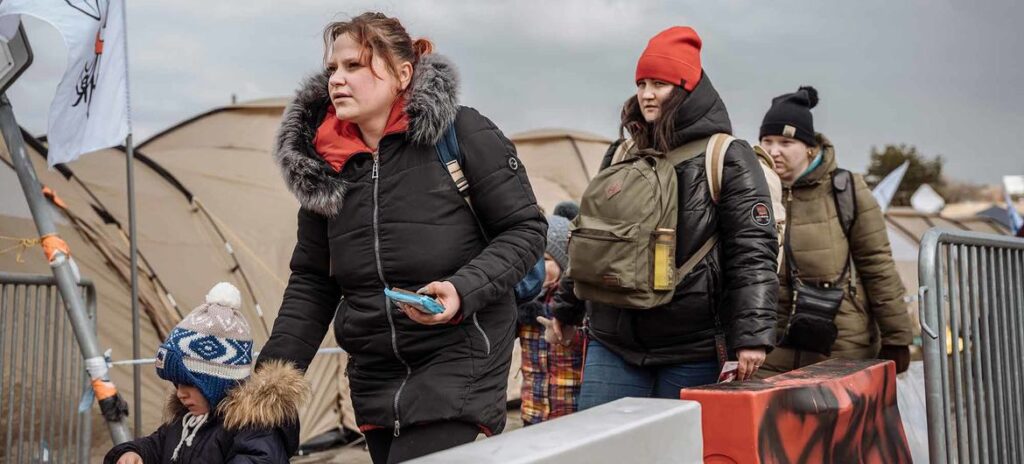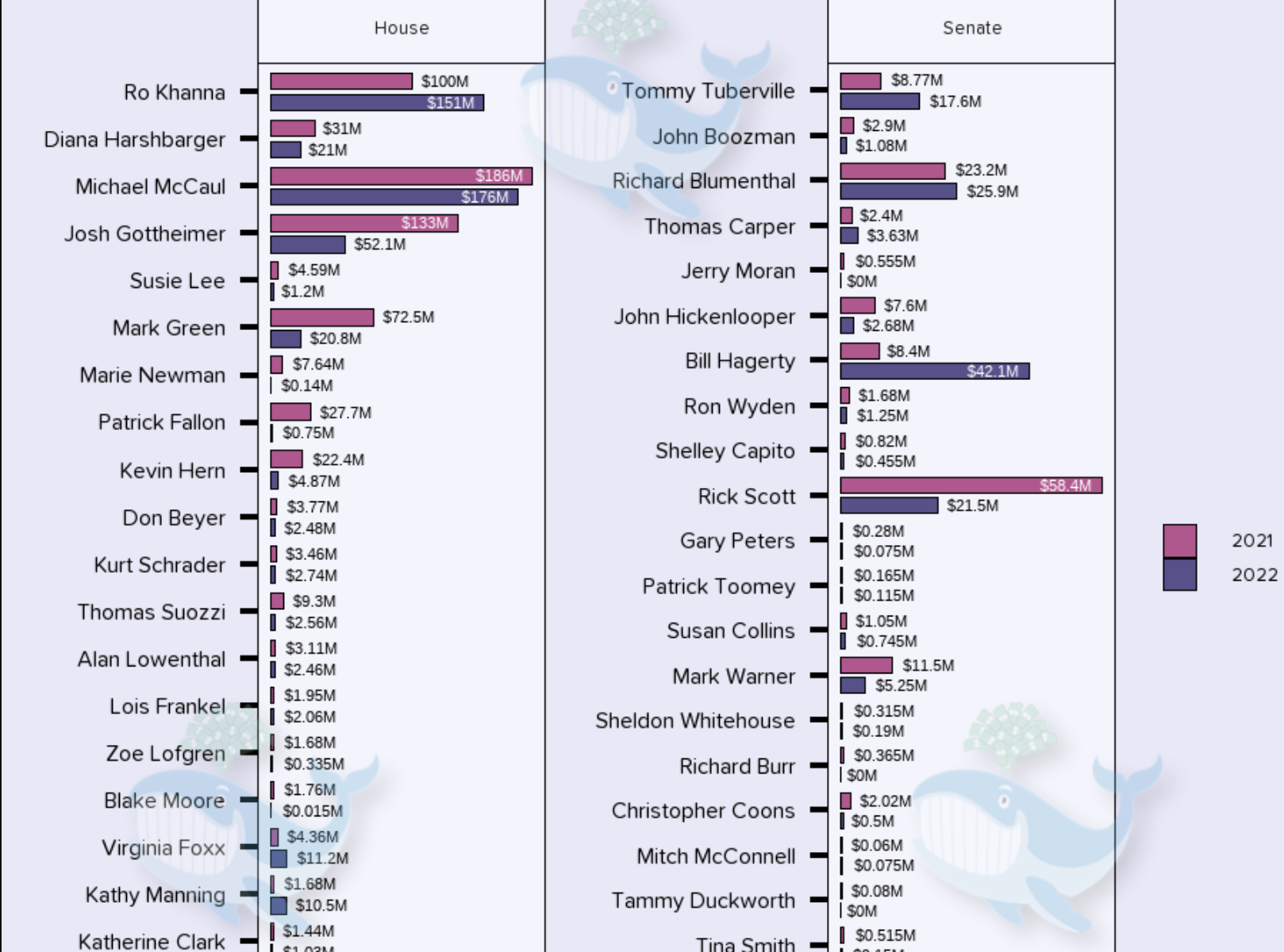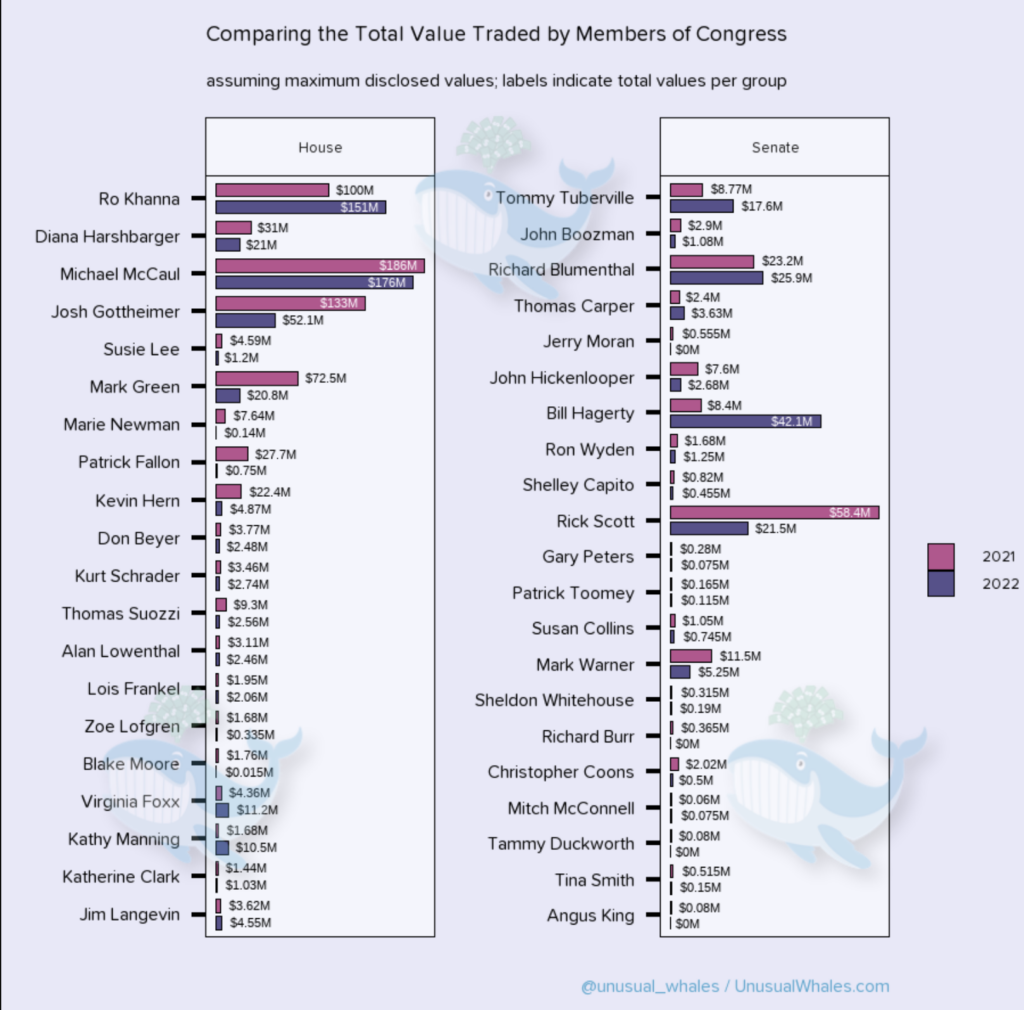I wrote recently that helping Ukrainian people survive and resist the Russian invasion is the most philanthropically worthy project I can think of right now. But a key question remains: How can I help?
I found a surprisingly easy and satisfying way last week, through an organization called Safe Passage 4 Ukraine.
They accept donations of hotel miles, credit card reward points, and airline miles. If you only have a small number of saved miles, the organization can aggregate donations from many people to purchase travel or hotel stays for refugees from the war zone.
Their online form is very easy to use.
For small amounts of miles in airlines I rarely fly, I filled out their form with my pledge, then clicked a button, and the website took me to my own airline miles account. From there, once logged in, I clicked the charity to complete the transfer of miles. The charity then sent me a confirmation email, asking me to click once more to confirm the transfer. Less than 5 minutes of “work” at my desk. Easy peasy.
JetBlue’s minimum donation is 500 miles. I really can’t use my roughly 2,000 miles with them so I donated them. United Airlines’ minimum is 1 thousand miles. I pledged the roughly 2,500 miles I had.
The Most Satisfying Thing
Then I did an even cooler thing. Although I only had a few JetBlue and United Airline points, I travel American Airlines more frequently. I had accumulated a little over 50 thousand miles at the beginning of last week.
Shortly after I pledged to donate at least 30 thousand of those points, a travel specialist from Safe Passage 4 Ukraine requested over email for me to stand by, as he’d be sending me further details shortly.
With at least 30 thousand American Airlines to pledge I became eligible to purchase a transatlantic flight for an individual Ukrainian refugee.
Two days later, on a Friday afternoon, my assigned travel specialist sent me an individual’s profile, just as promised. It was a Ukrainian woman’s name, her birthdate, and a specific multi-city flight plan – Warsaw to London (Heathrow) to Philadelphia to Orlando, with flight numbers and times. The specialist had already worked out that this one-way transatlantic flight could be purchased with my 30,000 miles, plus $96.15 from me. Very affordable. By the time this column goes to print, she will have arrived in Orlando.
Incidentally, I don’t know about you, but whenever I try to book my own travel with my miles I find I never have quite enough. If I have 25 thousand miles, my flight requires 50 thousand. If I have 50 thousand, my flight needs 90 thousand. I feel like it costs 50 thousand miles just to go from San Antonio to Dallas and back, whenever I search for it myself. To my delight, booking this ticket for a stranger to fly out of Warsaw to Orlando actually cost exactly what the Safe Passage 4 Ukraine travel specialist told me it would cost. Somehow, they found a 4-city transatlantic flight for 30 thousand miles, plus $96.15.
Actually, initially I had a problem when I went to book it and I found I couldn’t get the flights for less than 79 thousand miles. Then I realized that I’d mistakenly searched for a round trip ticket. I’d forgotten to book just the one-way flight. Right. The Ukrainian refugee just needs to get away right now. She isn’t looking for the round trip yet.
So Who Gets Safe Passage?
I spoke last week with Rachel Jamison, the founder and Director of Safe Passage 4 Ukraine. Jamison says her organization has flown 505 Ukrainians overseas, fleeing the war. They have flown or housed (with hotel points) 41 injured volunteers. They have flown 39 wounded soldiers receiving prosthetics.
They have aggregated 17 million airline miles and approximately 2 million hotel points. Because they mostly work with points and miles, their actual financial donations have remained small, an estimated $350 thousand to date.
By day, Jamison is a law professor working for New York University based in the United Arab Emirates. We spoke by Zoom despite the 10 hour time difference. With an all-volunteer organization, she retains her full time job. “I’ve been in a lot of tough places,” she says, “but [Ukraine] is the hardest environment.”
“I come in as an atypical person, not from Ukraine. But this is what I’m most proud of, professionally. Safe Passage 4 Ukraine is also atypical, in that it involves Ukrainians working in partnership with foreigners, and military folks working with civilians. That’s very rare.”
Because they have many more people trying to flee the war than they can serve, their partners on the ground in Ukraine asses criteria for safe passage flights, which are a combination of
1. A safe landing destination,
2. Legality, and
3. Need
To determine a safe destination, Jamison says the “most common thing is people have family in the US or Canada, and they need to be reunited with them.” This is especially true as most people they help are women, and women with children.

Next, their partners on the ground in Ukraine do assessment of their legal status.
“Every person we help move to the United States or Canada has a documented legal right to move, and has a sponsor when they arrive, usually a family member,” explains Jamison.
And then finally, there’s the prioritization of the most needy. “There’s an overall needs assessment that starts with: ‘if we don’t help this person, what will happen?’ All of them have been through things that you and I have never experienced,” Jamison continued. “So we are drawing the line at who really needs our help.”
That often means the recipients of the flights are ill and in need of treatment, or they are people traumatized by bombing or Russian occupation. In the next phase of the war – which may mean towns newly liberated from the Russian army – Jamison expects a huge uptick in people desperate for help.
“Right after Kharkiv was liberated [in September 2022] there were suddenly many people with serious needs. We are going to need everything we can get.”
An SP4U volunteer
Chris Schools is an ex-marine with operations experience who lives north of Dallas (Celina, TX). He has known Jamison from before she went to law school. Schools deployed to Afghanistan 2010-2011 with the marines as an ordinance specialist but has been out of the military since 2011. When Russia invaded Ukraine, he knew he wanted to help, but asked himself how?
I asked him whether he considered going to Ukraine? “It runs through your head, but with a 6 and a 3 year-old now, my life is different. I can’t be going into combat zones.”
Instead, when he heard about what Jamison was doing, he reached out online and asked he how he could help. As he told me, “nobody is more action-oriented than Rachel, in everything she does. It was very easy for me to get bought in and know we were on a worthy mission.”
In April 2022 he volunteered to work on partnership outreach, and then extended his work to helping, along with others, to set up their financial systems, managing their PayPal account for incoming donations, as well as making disbursements for example to reimburse partners inside of Ukraine.
As a logistics guy with a background in working in a complicated war zone, Schools was effusive in praising what Jamison created in a short time. “The organization is unique in that they found a way to give back that hadn’t been done. Anybody can say they need money, but they put together a complicated system in a manageable way, to be innovative and move quickly.”
The Appeal
This charity really appeals to me. I had an extra spare resource – airline miles – that I’ve traditionally found difficult to use. Safe Passage 4 Ukraine did the hard work to find and vet the person from a war zone who most needed them. They found the exact flight on the exact day that could serve her needs. All I had to do was book it with my miles under her name and personal information. They did the rest.
I don’t know any of the back story of the woman whose ticket I purchased with my airline miles, only that she was from Mykolaiv, a previously Russian-occupied but now Ukrainian-liberated city. That’s all I need to know.
Without this organization as a matchmaker, I would have virtually no way to personally help an individual in the Ukrainian war zone. I found it very emotionally satisfying doing my small part to help remove one person, desperate to get out of a war, to a safer place in the United States.
Here’s the link again to pledge miles.
A version of this post ran in the San Antonio Express News and Houston Chronicle.
Please see related post
Ukraine Philanthropy I – A Scrappy Group
Post read (53) times.





